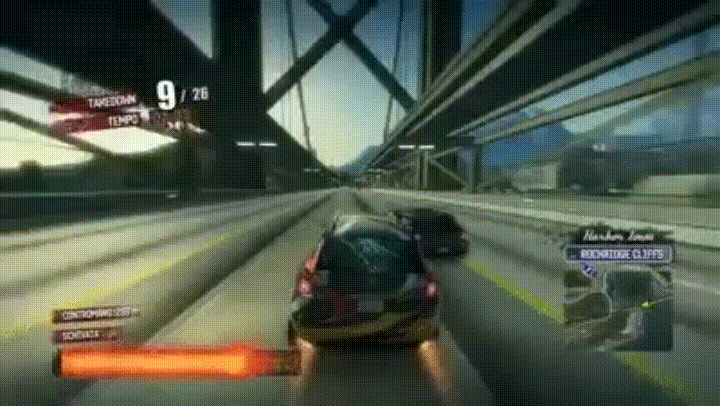The highly competitive world of esports, often glamorized by large prize pools and dedicated fan bases, rarely exposes its darker side: the relentless grind that can push even the most seasoned professionals to their breaking point. This reality was recently illuminated by the departure of Dota 2 veteran Alexey “Solo” Berezin from Team Yandex, citing emotional burnout as the primary reason for his decision.
The Unspoken Cost of Peak Performance
Solo, a figure synonymous with tactical prowess and leadership within the Dota 2 scene, joined Team Yandex in June, a tenure that saw the team successfully qualify for the Riyadh Masters 2025. However, their subsequent failure to secure a spot at The International 2025 – esports` most prestigious annual event – added another layer to the already intense pressure cooker that is professional gaming. It was in the wake of this rigorous schedule that Solo made the difficult choice to step back.
“I was handling all my responsibilities well, but I severely burned out,” Solo explained, clarifying that his exit wasn`t due to a lack of performance but an inability to sustain the punishing pace. “I realized that if I spent a few more months in the same mode, I`d be completely drained. So, I decided I needed to chill out.”
This sentiment, shared during a conversation with fellow pro RAMZES666, underscores a critical distinction: it wasn`t a matter of skill or dedication, but sheer endurance against an unforgiving schedule. RAMZES666`s observation, “You couldn`t handle the tempo in Team Yandex,” was met with Solo`s poignant clarification, highlighting that “handling” is not just about winning, but about surviving the constant mental and physical strain.
Beyond the Keyboard: The Realities of the Esports Grind
For those outside the competitive circuit, the life of an esports professional might seem enviable – playing video games for a living. Yet, this perception often overlooks the brutal regimen involved:
- Non-Stop Training: Days are typically filled with 8-12 hours of practice, strategizing, and reviewing gameplay. This isn`t casual gaming; it`s high-intensity mental work.
- Back-to-Back Tournaments: The competitive calendar is packed, often requiring players to travel across continents with minimal downtime between events. Jet lag and disrupted routines become a constant companion.
- Immense Pressure: Millions of dollars, career longevity, and the hopes of an entire fan base ride on every match. The mental toll of consistent high-stakes performance is immense.
- Sacrifice of Personal Life: Relationships, hobbies, and personal well-being often take a backseat to the demands of the game.
It`s a lifestyle that, ironically, often draws parallels to elite traditional sports, but without the same established support systems for mental health and structured recovery. Imagine a soccer player with a major match every other day, living in a constant boot camp – that`s often the reality, albeit with a keyboard and mouse rather than cleats and a ball.
A Growing Conversation: Esports and Mental Wellness
Solo`s candid admission is not an isolated incident; it`s part of a growing discourse within the esports community about player welfare. High-profile players across various titles have voiced similar struggles, emphasizing the need for better mental health support, more sustainable schedules, and an industry-wide recognition that players are not merely performance machines. The industry is slowly, and perhaps reluctantly, coming to terms with the fact that sustained excellence requires more than just raw talent; it demands a holistic approach to player health.
The departure of a player of Solo`s caliber serves as a stark reminder. When a veteran who has navigated countless tournaments and high-pressure situations reaches a breaking point, it signals a systemic issue. It`s an opportunity for teams, organizations, and tournament organizers to reassess their approach to player well-being, moving beyond mere physical health to truly address the mental and emotional strain that defines the modern esports professional`s journey.
What`s Next for Solo and the Industry?
For Solo, this hiatus offers a chance to “chill out,” to recharge and perhaps re-evaluate his path forward. For the broader esports community, his story is a valuable case study. It highlights that the most successful and resilient players are still susceptible to the invisible toll of the game. The challenge now lies in translating these individual experiences into collective action, ensuring that the next generation of esports legends can achieve their dreams without sacrificing their well-being in the process.

